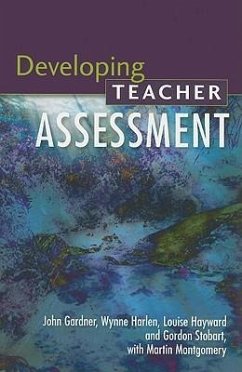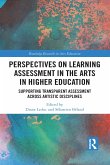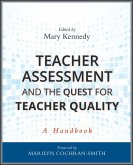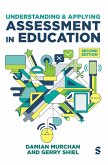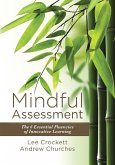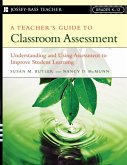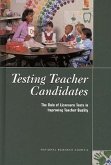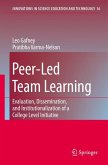"The authors are well-known in the Assessment field and this work presents their highly original analysis... [It] promotes a professional learning approach that will undoubtedly help educationalists in schools and across the schools sector in their quest to improve learning."
Professor Mary James, University of Cambridge, UK.
This book explores the processes involved in developing assessment practice. It argues that the role of teacher assessment needs to be put firmly at the forefront of the educational agenda and that assessment by teachers needs to be developed in a widespread, high quality and sustainable fashion.
The authors, all members of the influential Assessment Reform Group, argue that the target-driven approach of external testing leads to problems, including 'teaching to the test' to the detriment of the wider curriculum, and motivational problems. In this book, they tackle the differences between formative and summative assessment and ask the question: "What is quality teacher assessment?"
There is coverage of key professional learning dimensions including:
The purposes of assessment
The need for evidence to support innovation
The process and steps to develop new practice
Perceptions of what counts as quality assessment in schools The authors draw on these various perspectives to explain how teachers and schools can build on existing practice, and develop new practices, and how the system should react to support them.
This book is essential reading for teachers, head teachers, local authority professionals, policy makers and academics.
Hinweis: Dieser Artikel kann nur an eine deutsche Lieferadresse ausgeliefert werden.
Professor Mary James, University of Cambridge, UK.
This book explores the processes involved in developing assessment practice. It argues that the role of teacher assessment needs to be put firmly at the forefront of the educational agenda and that assessment by teachers needs to be developed in a widespread, high quality and sustainable fashion.
The authors, all members of the influential Assessment Reform Group, argue that the target-driven approach of external testing leads to problems, including 'teaching to the test' to the detriment of the wider curriculum, and motivational problems. In this book, they tackle the differences between formative and summative assessment and ask the question: "What is quality teacher assessment?"
There is coverage of key professional learning dimensions including:
The purposes of assessment
The need for evidence to support innovation
The process and steps to develop new practice
Perceptions of what counts as quality assessment in schools The authors draw on these various perspectives to explain how teachers and schools can build on existing practice, and develop new practices, and how the system should react to support them.
This book is essential reading for teachers, head teachers, local authority professionals, policy makers and academics.
Hinweis: Dieser Artikel kann nur an eine deutsche Lieferadresse ausgeliefert werden.

